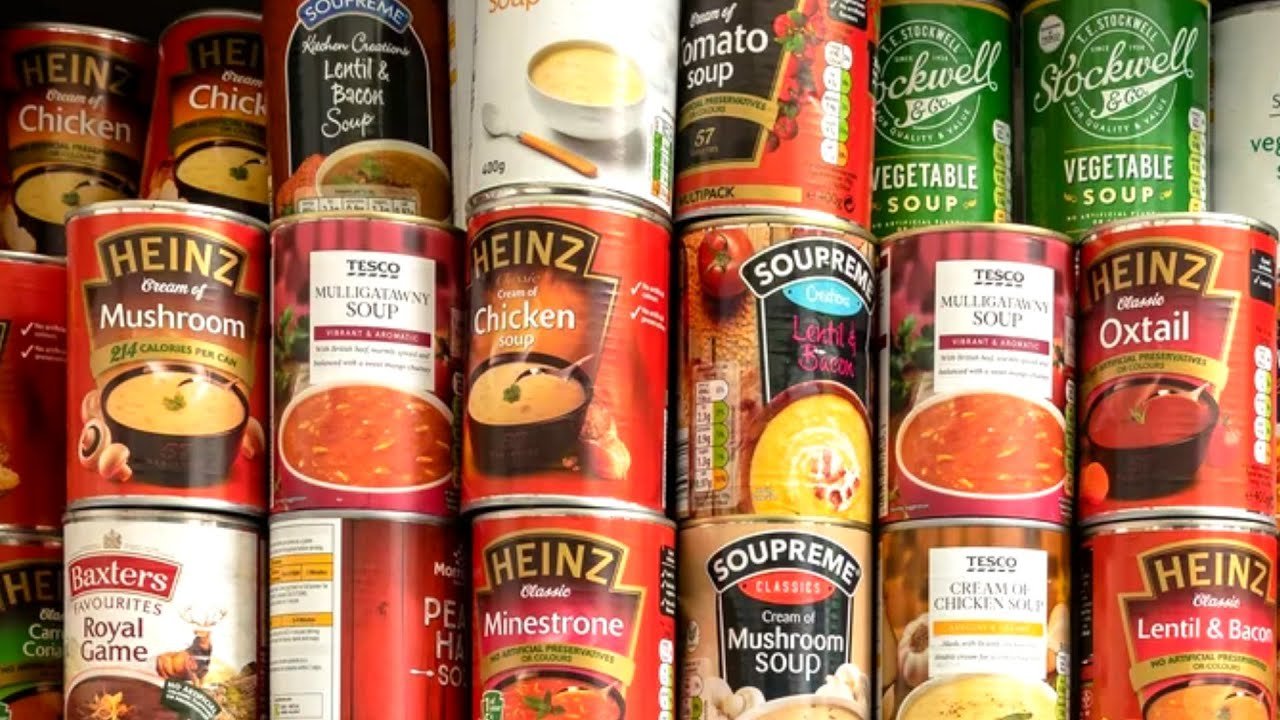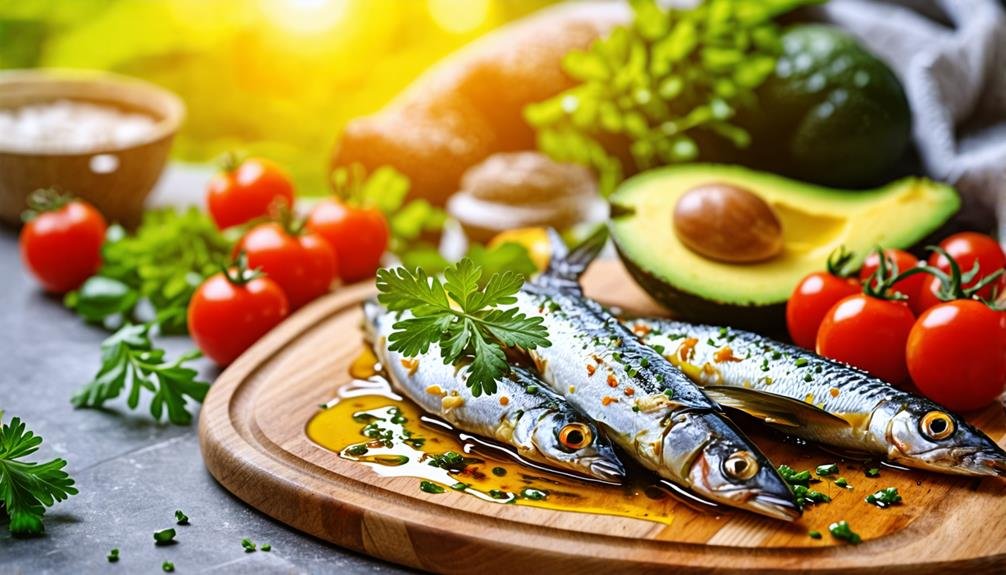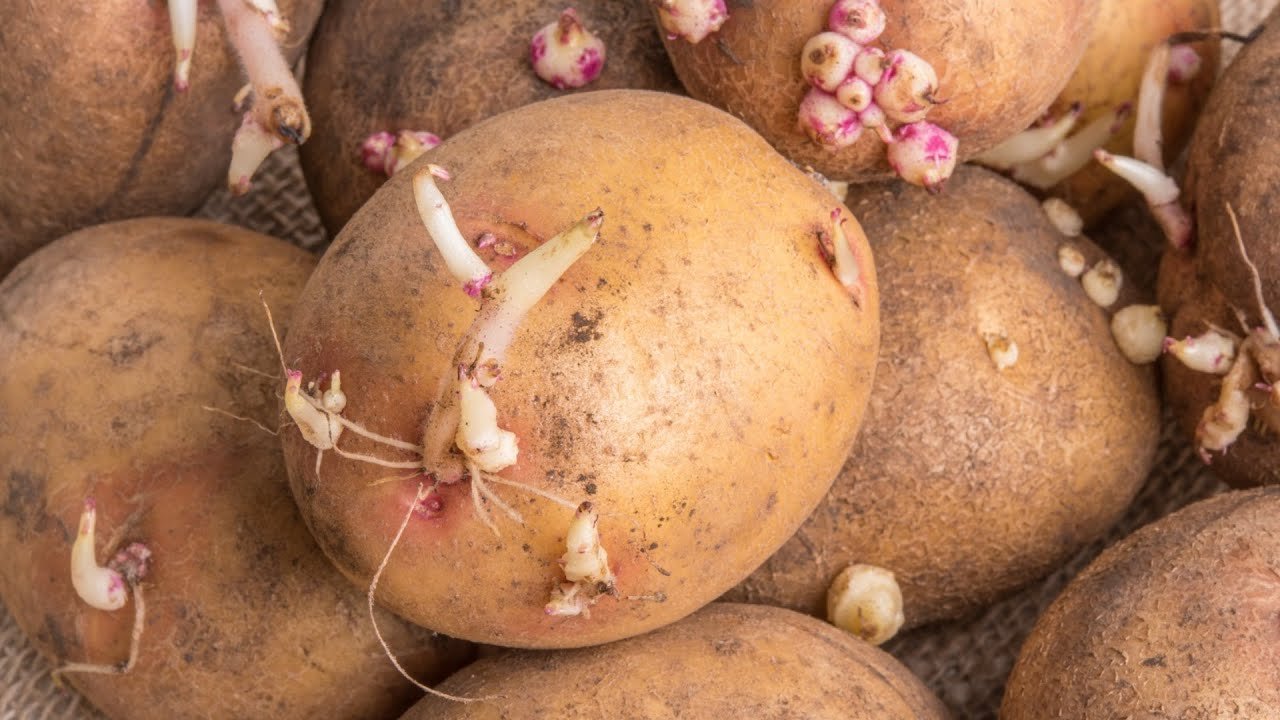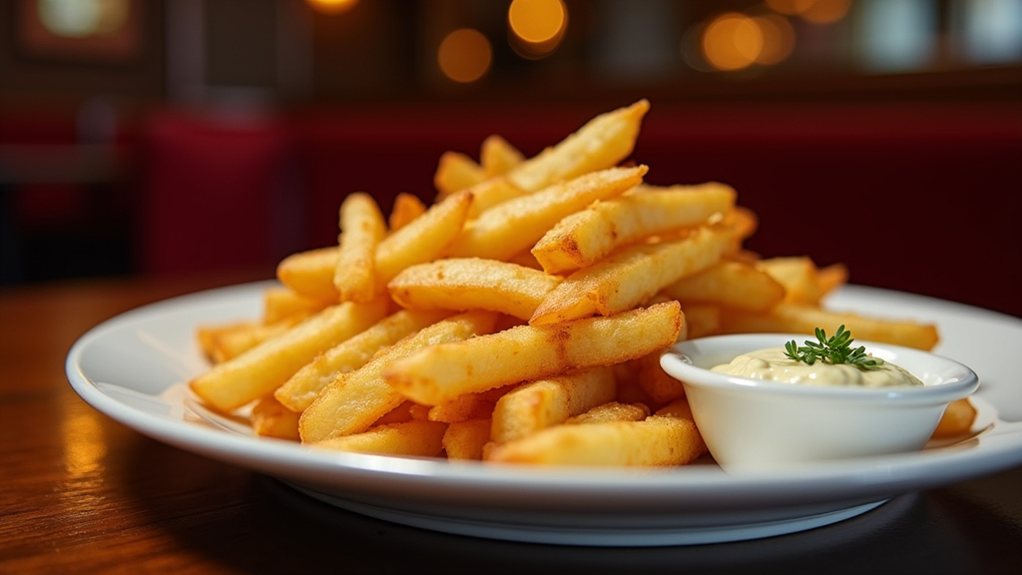Cheap fish can come with significant health risks and ethical concerns. Among the worst offenders are farmed shrimp and grey mullet, often found consuming waste and showing high mercury levels. Orange roughy, known for its long lifespan, accumulates toxins over time, making their consumption risky. Farm-raised Atlantic salmon and Atlantic cod also bear scrutiny due to practices that may introduce harmful substances into their habitat.
Concerns don’t end there. Rock salmon, often mislabeled, and farm-raised tilapia, known for low nutritional value, pose additional risks. Swai fish and tilefish also fall into this category, containing alarming levels of harmful chemicals and being misrepresented on menus. These fish not only mislead consumers but also introduce pollutants into diets.
Imported crawfish and king mackerel bring their mix of problems, from potential mislabeling to harmful pesticide exposure. Avoiding skate fish is wise due to unsustainable fishing practices and health hazards. As seafood shoppers, awareness can direct better choices and ensure safer, more ethical consumption.









